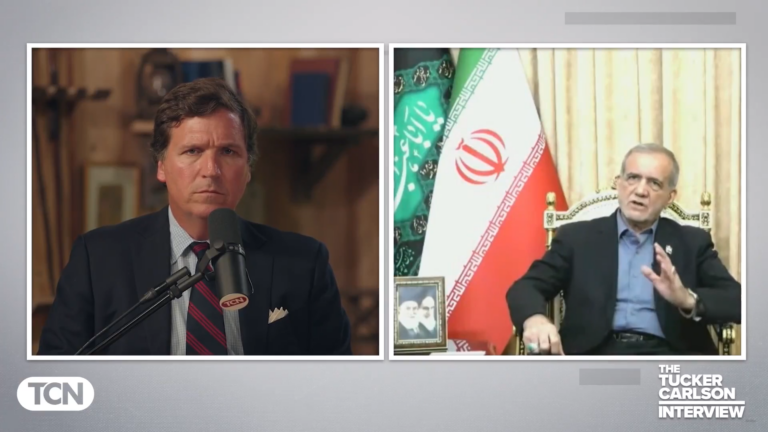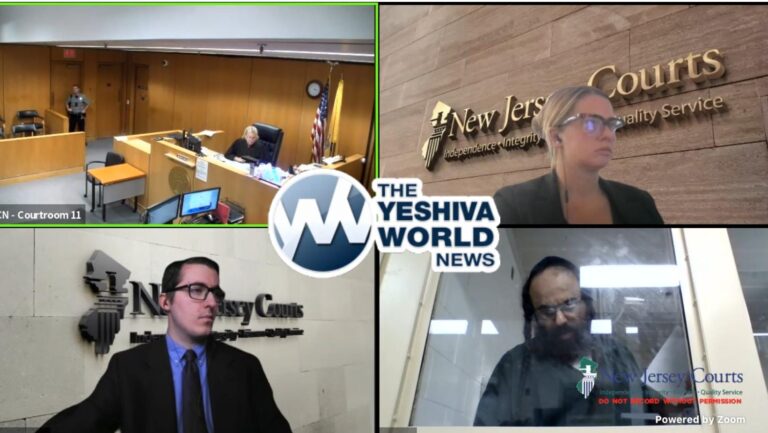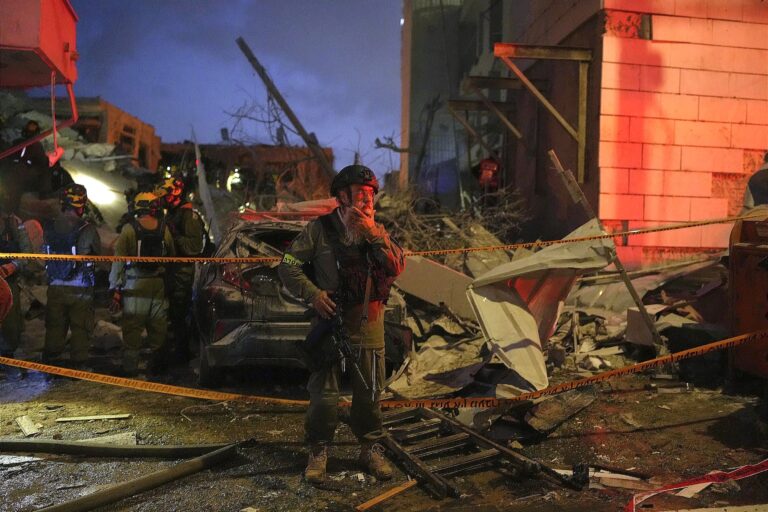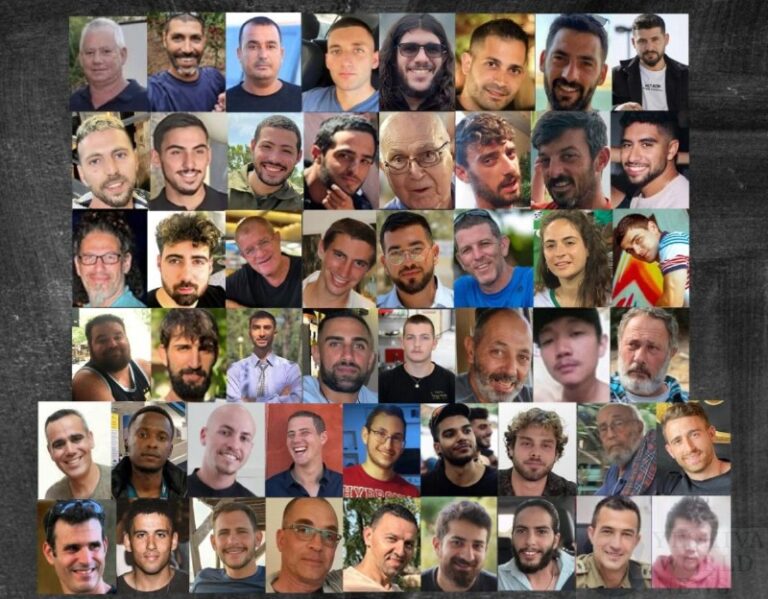Smoke-free policies are extremely effective at reducing smoking rates, exposure to secondhand smoke, and even smoking-related heart disease, new research shows.
The report, by an International Agency for Cancer Research working group, also found smoke-free rules don’t affect business in restaurants or bars.
The researchers analyzed available evidence and found:
Implementation of smoke-free policies substantially decreases secondhand smoke exposure.
Smoke-free workplaces decrease cigarette consumption in continuing smokers.
Smoke-free policies decrease respiratory symptoms in workers.
Smoke-free policies don’t decrease business in restaurants or bars.
Voluntary smoke-free home policies decrease adult and youth smoking and children’s exposure to secondhand smoke.
Smoke-free workplaces decrease adult smoking rates.
Smoke-free policies decrease tobacco use in youths.
Smoke-free legislation reduces rates of heart disease.
The working group recommended that governments implement smoke-free policies that conform to the World Health Organization (WHO) Framework on Tobacco Control (FCTC).
“Implementation of such policies can have a broader population effect of increasing smoke-free environments. Not only do these policies achieve their aim of protecting the health of nonsmokers by decreasing exposure to secondhand smoke, they also have many effects on smoking behavior, which compound the expected health benefits. These benefits will be greater if these policies are enacted as part of a comprehensive tobacco-control strategy that implements all of the provisions called for by the WHO-FCTC,” the working group concluded.
Until now, most research on smoke-free policies has been conducted in rich countries. The working group recommended “the establishment of a multinational surveillance system to allow assessment of the effect of these policies in low-resource and medium-resource countries.”
The report was published online and in the July edition of The Lancet Oncology, an issue dedicated to lung cancer.











2 Responses
The Dutch hotel, restaurant and cafe branch just became smoke-free also, starting the 1st of July.
All other public locations (including public transportation) had already been smoke-free since the 1st of July, 2004; however, an exception had been granted to the above branch for 4 years, after which it would also be subject to the same rules.
That time has now B”H come.
Rabosai!
I want the Rabbis of every yeashiva and kolel to issue a thirty day warning;
Every Rebbe and talmud must stop smoking in or near the bais medrash (near means within one block. Get these rebbes and talmidim to ge healthier, less self destructibve and less in-a-cloud. They must no longer come to smoke and learn or learn and smoke. Second hand smoke is not a danger. Second hand smoke KILLS. Spraying the mouth with breath freshener is not the solution. THis week’s sedra says, Ooshmartem meod es nafshosaychem. How often does the Torah Hakdoshaa use the word, “meod?”
Where are these rabbis?
Are psaks used just to show how much Torah they know?
One single doctor telling someone not to fast on Yom Kippur is enough to make a rav give a heter. But 500,000 doctors worldwide telling people not to smoke is not enough to make rabbeim issue a psak on sakonos nefoshos????